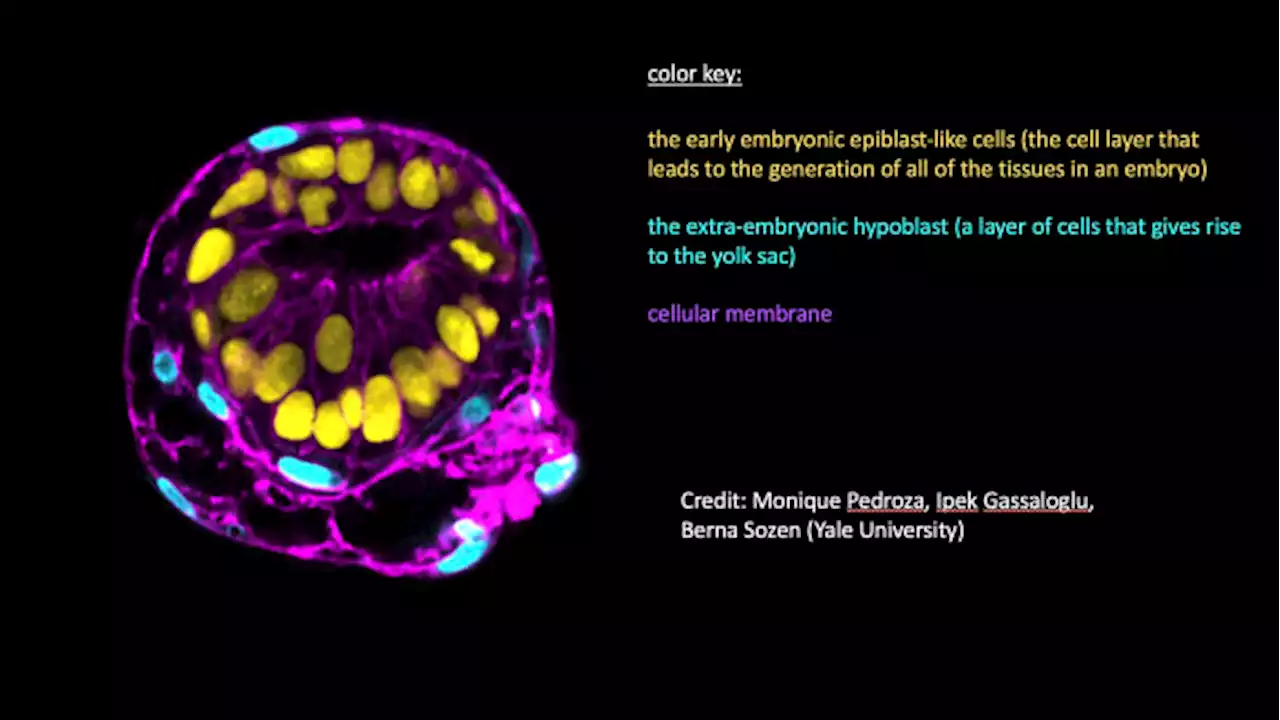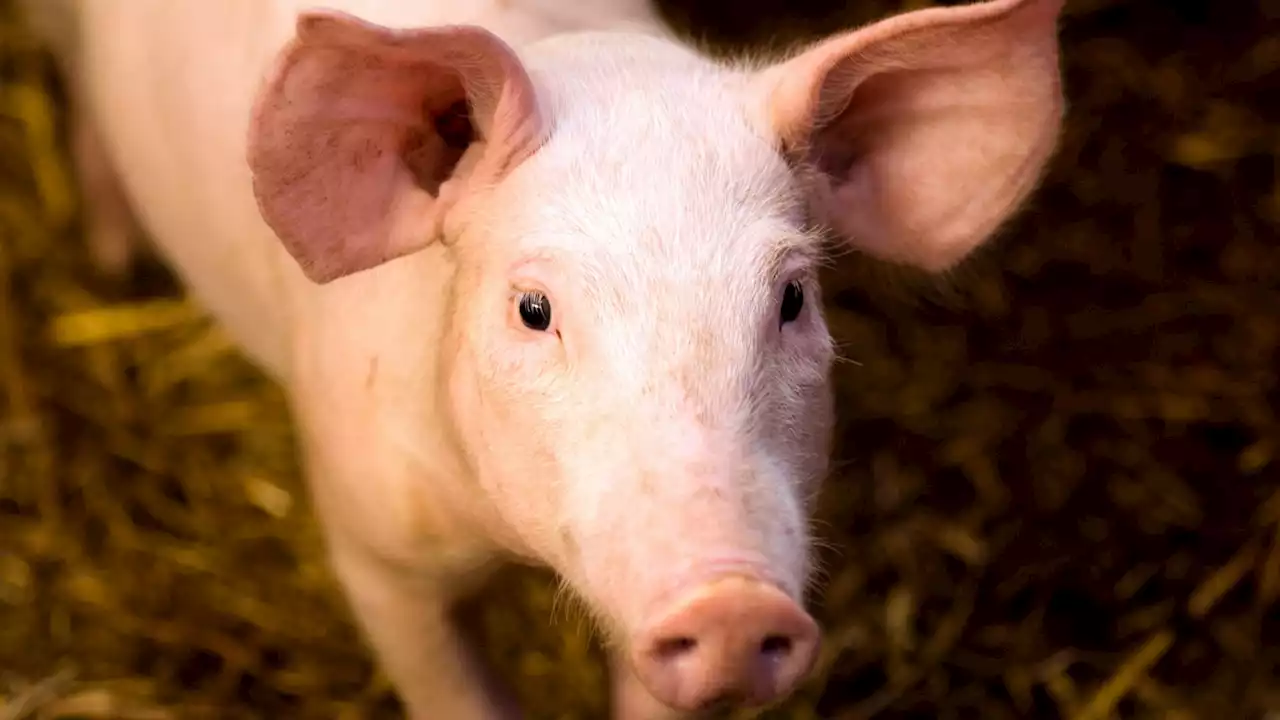Nine cut marks on a 1.45 million-year-old hominin bone suggest another hominin, possibly of the same species, slashed the bone to strip the flesh and eat it.
About 1.45 million years ago, ancient human relatives ate one of their own, chowing down on meat from a shinbone, according to cut marks that constitute the oldest decisive evidence that our relatives butchered and made a meal out of one another, a new study finds.
"The information we have tells us that hominins were likely eating other hominins at least 1.45 million years ago," study first author Briana Pobiner, a paleoanthropologist at the Smithsonian's National Museum of Natural History in Washington, D.C., said in a statement.
Pobiner and her colleagues also detected two dents in the bone, which they identified as bite marks from a big cat — possibly belonging to one of the saber-toothed cat species living in eastern Africa at the time. But they found no human tooth marks on the fossil.
United States Latest News, United States Headlines
Similar News:You can also read news stories similar to this one that we have collected from other news sources.
‘Cautious’ JPMorgan analyst cuts price targets on nine major banksJ.P. Morgan analyst Vivek Juneja on Tuesday cut price targets on nine major U.S. banks due to his “cautious” view on the sector in the face of increased...
Read more »
 Scientists Test Drug Designed by AI on Human Patients'When we first presented our results, people just did not believe that generative AI systems could achieve this level of diversity, novelty and accuracy.'
Scientists Test Drug Designed by AI on Human Patients'When we first presented our results, people just did not believe that generative AI systems could achieve this level of diversity, novelty and accuracy.'
Read more »
 Scientists Astounded When Two Stars Collide in Brain Melting ExplosionAstronomers have observed a whole new mechanism by which stars can die — by smashing into each other in the most explosive fashion.
Scientists Astounded When Two Stars Collide in Brain Melting ExplosionAstronomers have observed a whole new mechanism by which stars can die — by smashing into each other in the most explosive fashion.
Read more »
 Why scientists gave vaccines to farmed crocodilesEven Australia’s most fearsome predators aren’t all safe from the stinging bites of mosquitoes. A vaccine could help.
Why scientists gave vaccines to farmed crocodilesEven Australia’s most fearsome predators aren’t all safe from the stinging bites of mosquitoes. A vaccine could help.
Read more »
 Scientists use stem cells to create models of human embryos and study our earliest daysScientists have created embryo models to help study the mysteries of early human development, the medical problems that happen before birth and why many pregnancies fail.
Scientists use stem cells to create models of human embryos and study our earliest daysScientists have created embryo models to help study the mysteries of early human development, the medical problems that happen before birth and why many pregnancies fail.
Read more »
 Animals and AI help scientists study pandemicsTo head-off a new spillover, scientists are combining a menagerie of animals, AI-driven models, and open communication.
Animals and AI help scientists study pandemicsTo head-off a new spillover, scientists are combining a menagerie of animals, AI-driven models, and open communication.
Read more »
